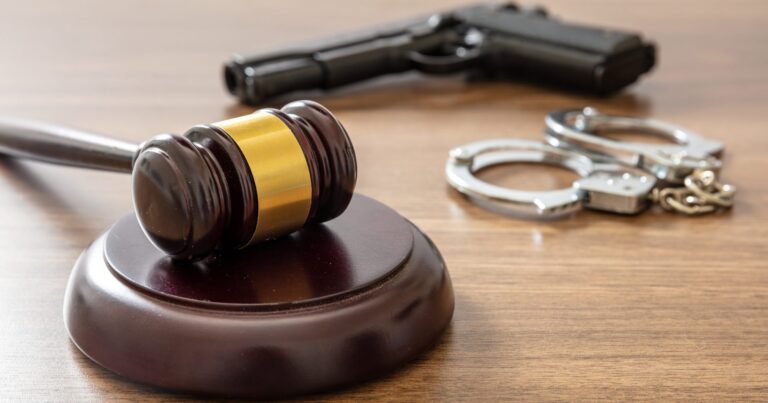In the intricate landscape of firearm charges, individuals in Massachusetts may grapple with legal complexities that demand a nuanced understanding of the law. Navigating these intricacies requires a keen awareness of local, state, and federal laws and the expertise of a skilled Massachusetts firearm charges lawyer.
The Spectrum of Firearm Offenses
Possession Offenses
The most common firearm charges revolve around unlawful possession. This could range from carrying a concealed weapon without a permit to possession by a convicted felon. Each jurisdiction has its own set of regulations, making it crucial for individuals to be aware of the specific laws governing firearm possession in their area.
Trafficking and Distribution
Firearm trafficking and distribution charges are serious offenses that extend beyond simple possession. These charges may involve the illegal sale, transportation, or distribution of firearms, often with the intent to commit a crime. The severity of penalties for these offenses can vary based on factors such as the number of firearms involved and the accused’s criminal history.
Legal Defenses for Firearm Charges
Second Amendment Rights
The Second Amendment guarantees the right to bear arms in the United States. A knowledgeable firearm charges lawyer may explore whether the accused’s actions fall within the boundaries of these constitutional rights. However, it’s essential to understand that these rights are not absolute and can be subject to limitations to ensure public safety.
Unlawful Search and Seizure
A critical aspect of building a defense against firearm charges involves scrutinizing the actions of law enforcement during searches and seizures. If it can be demonstrated that the police violated an individual’s Fourth Amendment rights, evidence obtained during an unlawful search may be deemed inadmissible in court.
The Role of Intent in Firearm Charges
Establishing Intent
Many firearm offenses hinge on the establishment of intent. Proving that an individual knowingly possessed a firearm or intended to use it for illegal purposes is often a focal point in legal proceedings. A skilled lawyer may challenge the prosecution’s ability to demonstrate intent beyond a reasonable doubt.
Constructive Possession
In some cases, individuals may face charges based on constructive possession, meaning the firearm was not in their physical possession but was within their control or influence. Crafting a defense in such situations often involves challenging the prosecution’s ability to link the accused to the firearm convincingly.
Conclusion
Facing firearm charges is a daunting experience, necessitating a comprehensive understanding of the legal intricacies surrounding firearms. A competent firearm charges lawyer can be a vital ally in navigating these complexities, working diligently to protect the rights and interests of the accused. Whether dealing with possession offenses, trafficking charges, or issues of intent, a well-prepared defense is crucial in pursuing a fair and just legal outcome.










